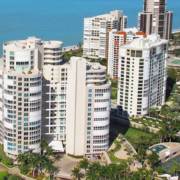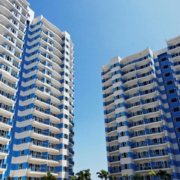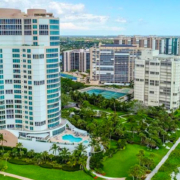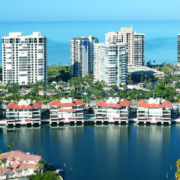Do your Association COVID rules need adjusting as we move into Season?
With the cold weather up north and new lock downs in some states put in place from COVID spikes we are seeing a lot of snowbirds flying and driving back down here escaping from their lockdowns up north.
While many Condominium and Homeowners’ Associations had loosened their COVID rules over the summer with many owners away, they are now filling up fast and we are getting reports that some of the snowbirds are arriving COVID positive.
This is upsetting a lot of the full time folks who did not have to worry that much about COVID in their building or neighborhood over the summer when not many were around. Some also worry about whether they have an obligation to inform the other residents that someone COVID positive has moved in.
As long as those testing positive quarantine for the appropriate period, there should not be much risk to the other residents and the government can handle contact tracing. We don’t see much of a problem in notifying owners that someone has tested positive in the community but we do not recommend telling other owners their names or their unit number or address. Hearing of positive tests does not seem to be much of a rarity anymore.
However, as long as there is still a state of emergency ordered by the Governor, your Association may want to reinstitute its COVID rules or continue the ones you already have in place until the emergency is lifted or the new vaccine distribution becomes prevalent.
Many associations require masks for all individuals when they are in the common area of the buildings or clubhouses, including elevators, hallways, work out rooms and social rooms. They also encourage social distancing and hand washing. Some Condominium Associations only permit construction in units if an emergency and ask their owners to put off remodeling or other non-emergency construction to limit the number of outsiders in the building. Others, with more elderly populations, are prohibiting leasing, guests and/or non-resident family members of unit owners until the state of emergency is lifted.
It is great to hear that the vaccines with over 90% effective rate appear to be on the way and hopefully that will get us back to normal. Until we can all get a shot, keeping safe in our homes and while out and about should continue to be a priority.




